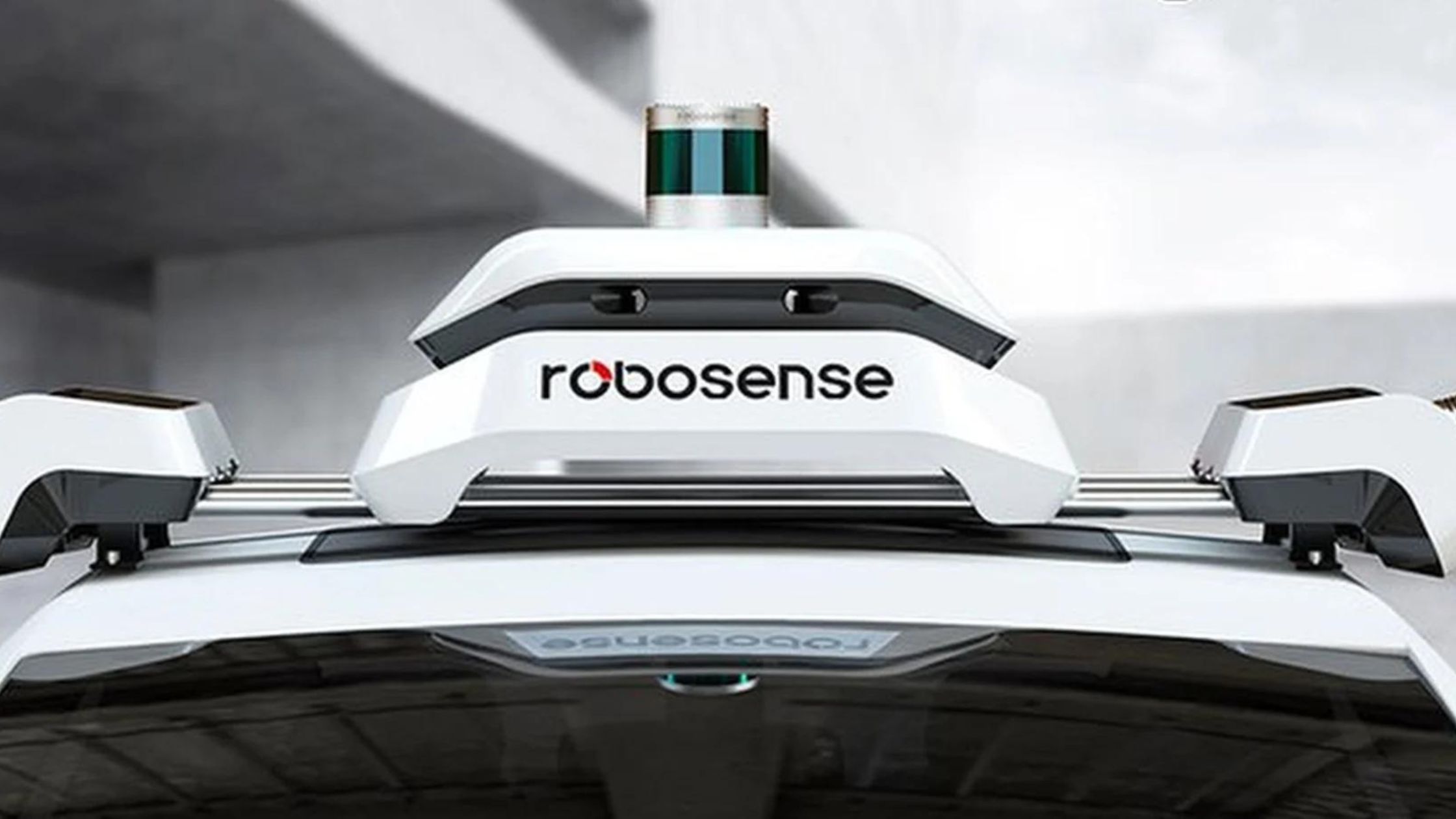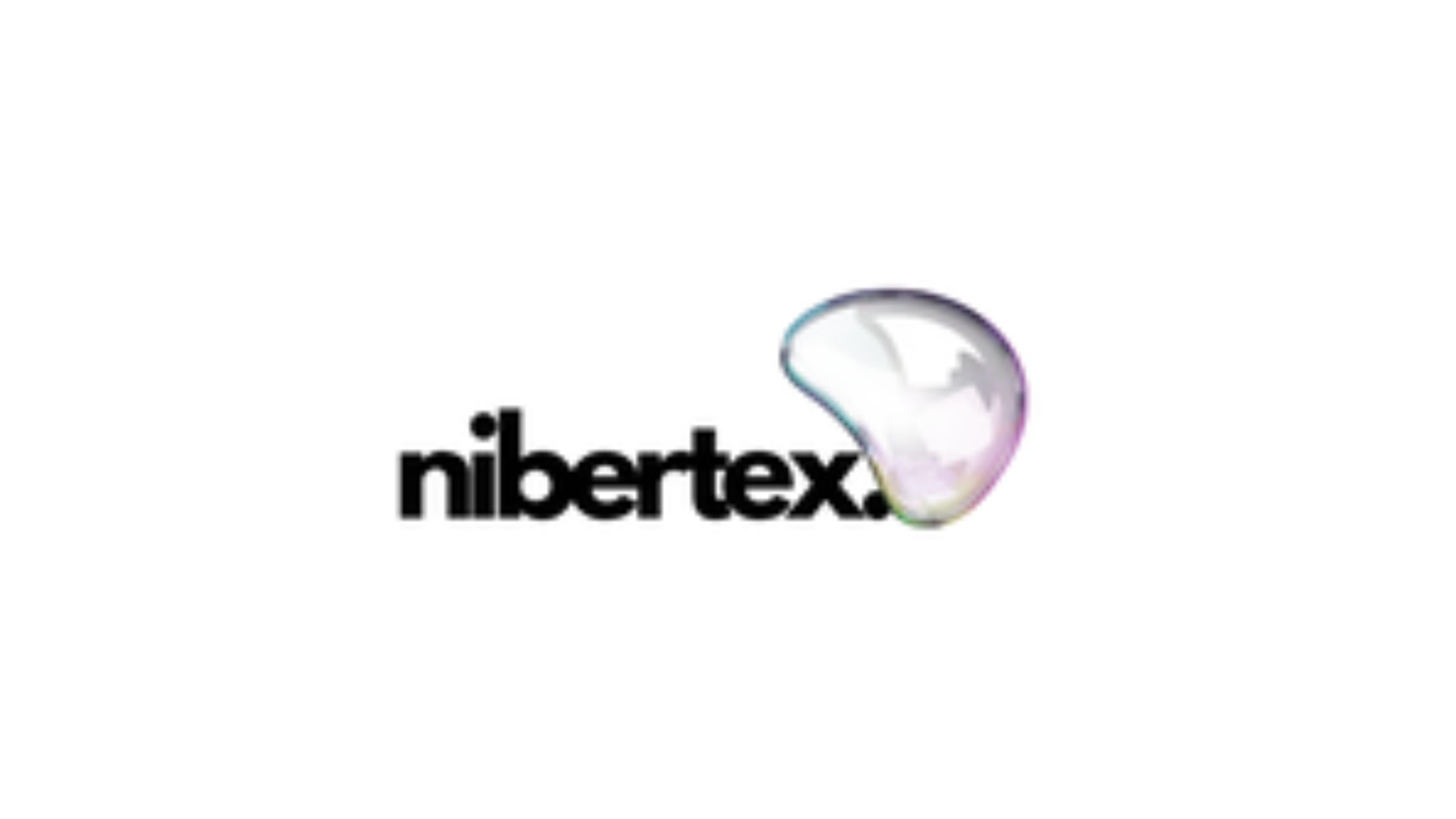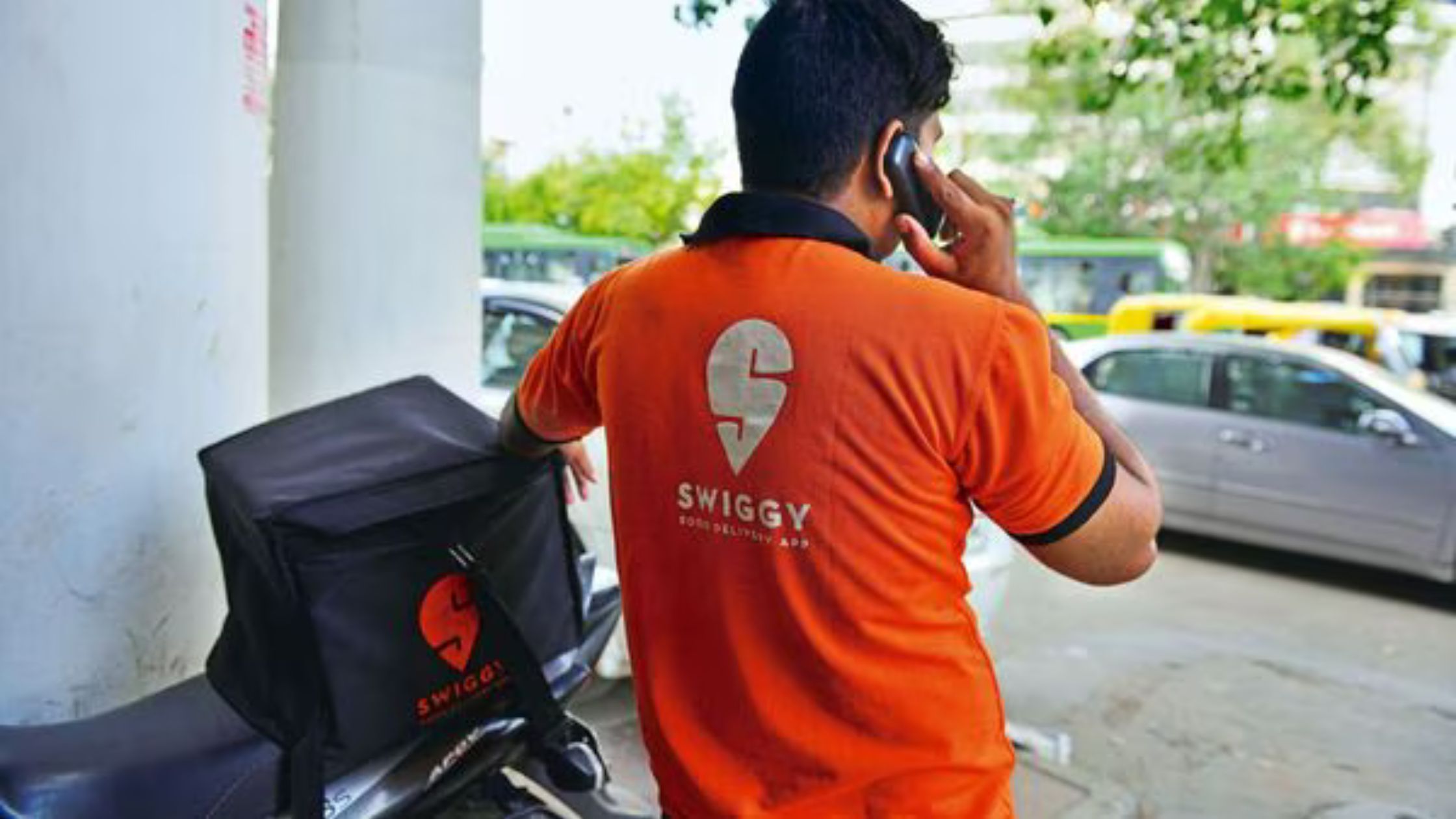AsiaTechDaily – Asia's Leading Tech and Startup Media Platform

Alibaba-Backed RoboSense’s IPO Launch Faces Challenges on Hong Kong Stock Exchange
Shares of Robosense Technology, a Chinese developer specializing in laser imaging, detection, and ranging (LiDAR) sensors for autonomous vehicles, experienced a 2% decline on its debut on the Hong Kong stock exchange, marking the first new listing of 2024. The company, backed by Alibaba, disclosed that it had raised HK$985.12 million ($126.14 million) through its initial public offering (IPO), offering 22.9 million shares at HK$43 each.
This resulted in a market capitalization of HK$18.9 billion (US$2.4 billion), slightly below its IPO price of HK$43. The Hang Seng Index recorded a 0.1% decline to 16,622.45 during the noon break, signaling a potential 2.5% drop for the curtailed four-day trading week.
About 20.61 million shares from Robosense Technology’s IPO were initially designated for the international offer, which was ultimately oversubscribed 1.28 times. Conversely, the public offer encountered a more reserved response, with the initial offering of 2.29 million shares only 0.58 times subscribed.
Consequently, 952,000 shares were reallocated from the public offer to the international offer, and an additional 2.86 million shares were over-allocated to the international offer, resulting in a total of 24.4 million shares in the international segment.
To commemorate the commencement of trading, Qiu Chungxin, Chairman, and Qiu Chunchao, President of RoboSense, conducted the ceremonial gong striking at the Hong Kong Stock Exchange at 9:30 am.
The mallets used for the ceremony were wrapped in auspicious red cloth. In reflecting on this milestone, Qiu Chunxin expressed, “The listing at HKEX is a milestone for RoboSense. It means our company has now entered the international capital markets.”
The cornerstone investor for Robosense Technology’s IPO was Nanshan Strategic Emerging Industries Investment, a state-owned enterprise owned by the Nanshan district government.
Nanshan SEI committed to subscribing to 79.3% of the IPO shares, equivalent to approximately HK$781.2 million. Notably, Cainiao, the logistics arm of tech giant Alibaba, emerged as Robosense’s leading pre-IPO shareholder, holding a substantial 10.46% stake.
The listing of Robosense on the Hong Kong stock exchange occurs against optimism regarding the market’s prospects after a challenging year. PwC anticipates a turnaround, with 80 companies expected to list in the city this year, targeting fundraising exceeding HK$100 billion.
JPMorgan and China Renaissance served as joint sponsors for the IPO, while a consortium of bookrunners included CICC Securities, CCB International, Fosun International Securities, Essence International, CMB Capital, and ABC International. As a cornerstone investor, the Chinese state-owned enterprise Nanshan SEI Investment subscribed to 79% of the shares offered in the IPO.
In its December 27 announcement, RoboSense outlined the allocation of approximately 45% of the net proceeds from its IPO for research and development initiatives and team expansion to bolster its product pipeline. Another 40% is issued for enhancing the company’s sales and marketing endeavors, while the remaining 15% is designated for general working capital needs and exploring potential strategic partnerships or alliances.
Established in 2014, RoboSense specializes in chip-driven, light-detection, and ranging hardware, along with artificial intelligence perception software applicable to autonomous driving and robotics.
Despite being in a “ramp-up stage,” the company acknowledges losses, forecasting further losses in the current year. The first six months of the previous year saw a net loss of 244 million yuan (US$34 million), with a deficit of 563 million yuan reported for 2022.
Expressing uncertainty in predicting the commencement of net profits and operating cash inflow, the company attributes this challenge to the dynamic business environment and competitive landscape. RoboSense’s largest non-founding shareholder is Alibaba’s logistics arm, Cainiao, which holds a 10% stake. Alibaba, the parent company of the South China Morning Post, owns the logistics giant.
Also Read:
- Innovation, Investment, and Impact: A Journey with Dr Dan Swan in the Techstars Era
- Indonesia’s Zenius Announce Brief Halt in Operations Amidst Financial Headwinds
- Indonesia’s EV Startup Swap Energi Secures $22 Million Series A Funding
- GBA Capital Commits $10 B to Catalyze Web3 Startups in Virtual Reality, Metaverse, and NFTs
- Riding the Boba Tea Craze: How ODD ONE OUT Conquered American Taste Buds With Its Premium Milk Tea





